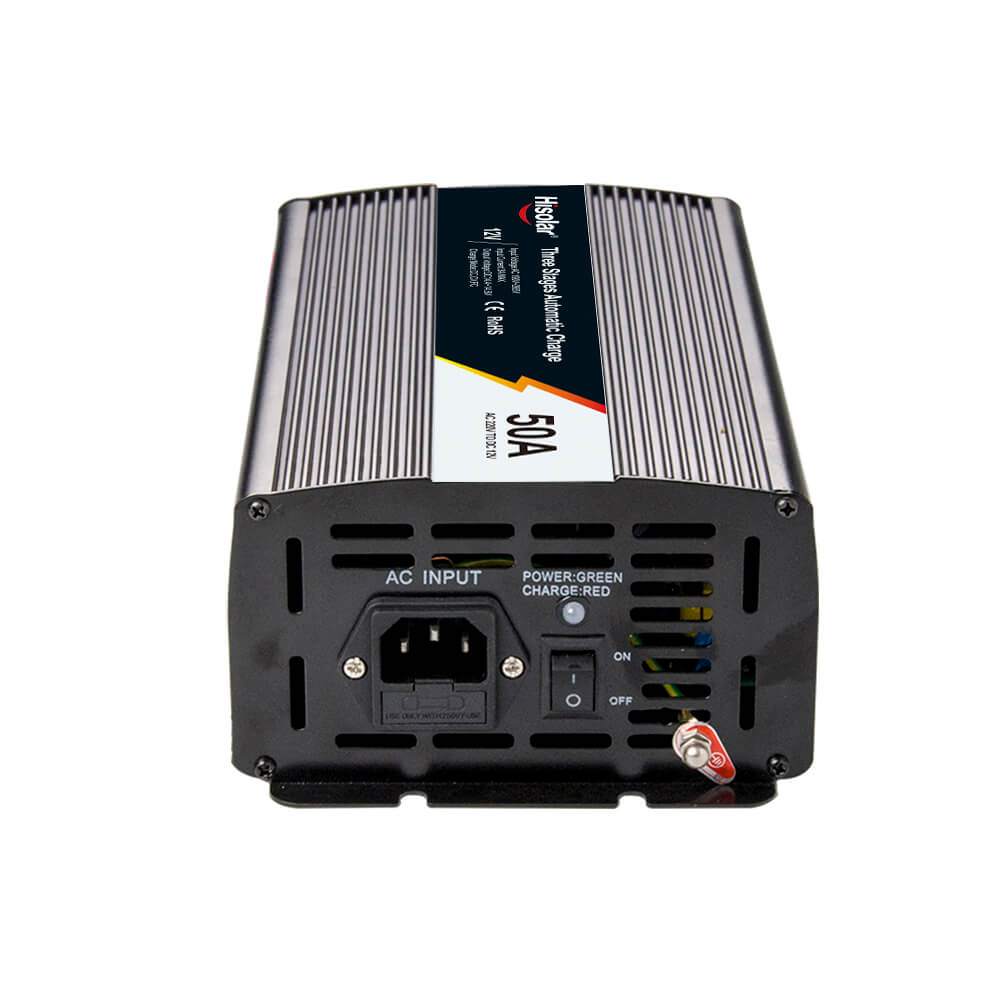Common types and features of battery chargers
2023-10-18
A battery charger is an electrical device used to replenish the energy stored in rechargeable batteries by converting electrical energy from an external power source into chemical energy within the battery. Battery chargers come in various forms and designs, depending on the type and size of the batteries they are designed to charge. They are essential for maintaining the usability of rechargeable batteries and ensuring that devices and equipment reliant on these batteries can operate effectively.
Here are some common types and features of battery chargers:
1. AC Battery Charger: AC (alternating current) battery chargers are designed to be plugged into standard household or commercial electrical outlets. They are suitable for charging a wide range of rechargeable batteries, including those used in smartphones, laptops, power tools, and small consumer electronics.
2. DC Battery Charger: DC (direct current) battery chargers are typically used for larger batteries, such as those in vehicles, boats, or RVs. They often operate from a vehicle's DC power source (e.g., car battery) and are used to charge automotive batteries, marine batteries, and deep-cycle batteries.
3. Smart Battery Charger: Smart or intelligent battery chargers are equipped with microprocessors or advanced charging algorithms. They monitor the battery's state and adjust the charging process to optimize battery life and prevent overcharging, which can damage batteries.
4. Trickle Charger: Trickle chargers provide a low, continuous charge to batteries to maintain their charge level over extended periods. They are often used for maintaining batteries in vehicles that are not frequently used, such as motorcycles, classic cars, or seasonal equipment like lawnmowers.
5. Fast Charger: Fast chargers deliver a higher charging current to recharge batteries more quickly. However, fast charging can generate more heat and may affect battery lifespan. They are commonly used for smartphones, power banks, and some power tool batteries.
6. Solar Battery Charger: Solar battery chargers use solar panels to harness energy from sunlight and convert it into electricity to charge batteries. They are portable and often used for outdoor and off-grid applications, such as camping and hiking.
7. Universal Charger: Universal battery chargers are designed to accommodate multiple types and sizes of batteries, offering versatility and convenience.
8. USB Charger: USB battery chargers are compact chargers that can be connected to devices like computers, power banks, or USB power adapters. They are commonly used for charging small electronic devices with built-in rechargeable batteries.
9. Wireless Charger: Wireless battery chargers use electromagnetic induction to charge devices without the need for physical connectors. They are widely used for charging smartphones and other portable devices that support wireless charging.
Battery chargers are essential for maintaining the performance and longevity of rechargeable batteries. Properly charging batteries according to the manufacturer's specifications is crucial to prevent damage and ensure safe operation. Additionally, advances in battery technology and charger design have made it possible to charge batteries more efficiently and with greater convenience, contributing to improved energy efficiency and sustainability.



